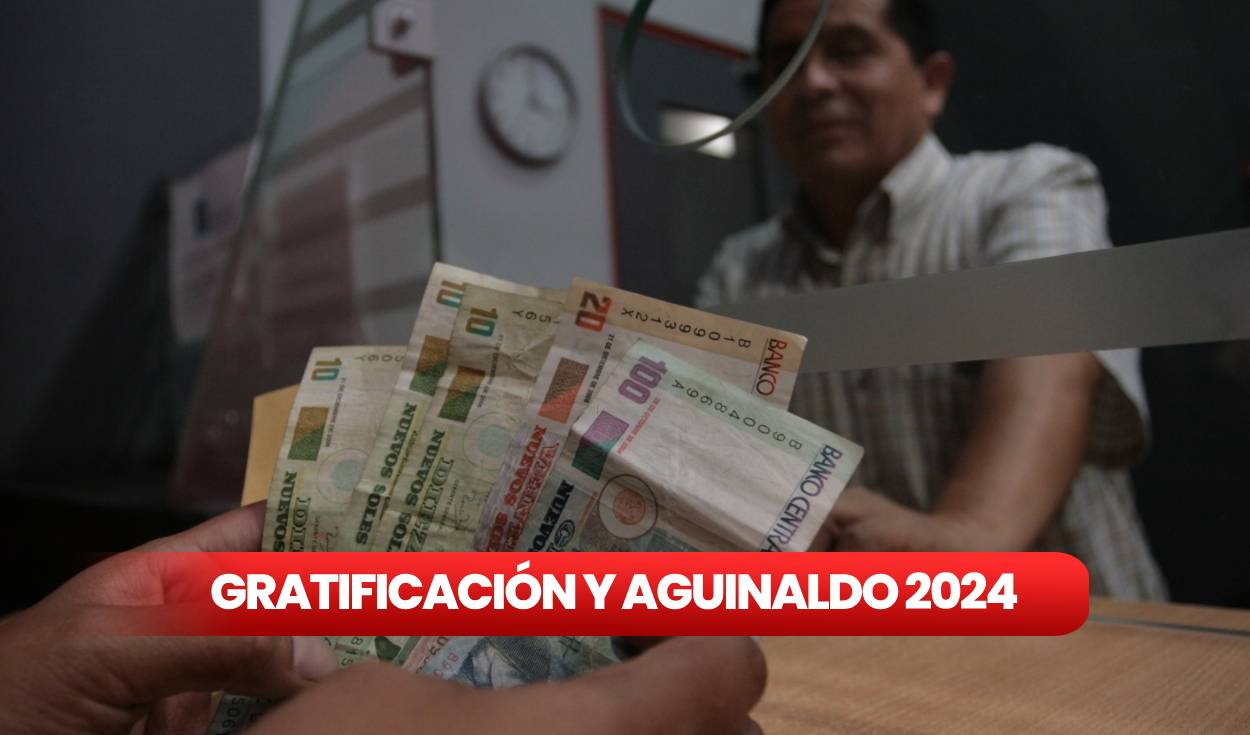
In a few weeks, Peruvians will celebrate the Fiestas Patrias (National Holidays) and many workers are expecting to receive an additional payment to their regular salary. During this period, questions arise about the economic benefits to which they are entitled, specifically in relation to the Christmas bonus and gratuity. These compensations vary depending on whether one works in the public or private sector, and knowing the differences is essential to receive the corresponding deposit.
In the Peruvian workplace, gratuity and bonus are terms used to refer to additional bonuses that employers pay to workers in July and December. Although some people believe that they are the same benefit, the truth is that they are applied differently depending on the type of employment and the labor sector. Below, find out who is entitled to receive these payments and under what circumstances they are granted.
Which workers are eligible to receive a bonus in July?
The bonus is a social benefit that is granted to private sector workers twice a year: in July and December. This additional money is given to workers with permanent, fixed-term or part-time contracts, and is equivalent to full remuneration plus an extraordinary bonus of 9% (EsSalud) or 6.75% (health care company).
According to Jorge Carrilloprofessor and finance expert at Pacífico Business School, there are more than 4 million workers on the payroll who will benefit from the deposit of the bonus for Fiestas Patrias and the total payment amount would be approximately S/10,000 million.
Likewise, domestic workers, port workers and agricultural workers are entitled to receive this extra money. In the case of small businesses, Supreme Decree 013-2013 of Produce establishes that they will only receive half a bonus. Finally, it is necessary to emphasize that the deadline for payment of this benefit expires next Monday, July 15.
“Companies that do not make the deposit on time could receive a fine of up to S/120,000, depending on the labor regime and the number of workers affected,” Carrillo explained.
National Holidays Bonus: Who is eligible for this extra money?
The Public Budget Law for Fiscal Year 2024 It provides for a series of salary improvements for state employees. Among them is the Christmas bonus, a legal benefit that is granted twice a year and must be paid together with the regular salary. According to article 7 of the aforementioned law, this additional money will be deposited in July, the month of the National Holidays, to officials, employees appointed and contracted under the labor regime of Legislative Decree No. 276, Law No. 2944 and Law No. 30512.
The amount of the bonus is fixed and established by the government, and is generally less than that of the private sector bonus. Its value amounts to S/300 and is not subject to contributions, levies or discounts of any kind, except for those other discounts established by law or authorized by the worker.
What is the difference between a gratuity and a Christmas bonus?
The main difference between a bonus and a Christmas bonus lies in the sector of work to which it applies and the way each benefit is calculated. A bonus is a right of private sector workers and is awarded in July and December as a recognition of the work performed during the semester.
On the other hand, the Christmas bonus is a benefit exclusively for public sector workers and has a fixed amount determined by the government through a Supreme Decree. This additional payment is also made in July and December, coinciding with the country’s main holidays: Fiestas Patrias and Christmas.
The money received by those who work in State entities is S/300, while the bonus is equivalent to an additional salary plus a bonus of 9% by EsSalud or 6.75% by EPS.
Source: Larepublica
Alia is a professional author and journalist, working at 247 news agency. She writes on various topics from economy news to general interest pieces, providing readers with relevant and informative content. With years of experience, she brings a unique perspective and in-depth analysis to her work.











